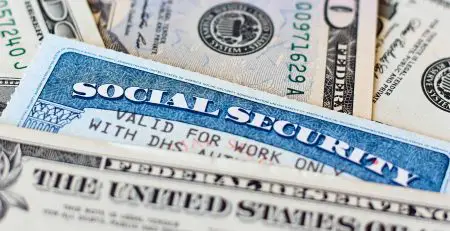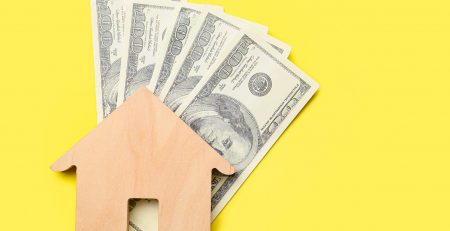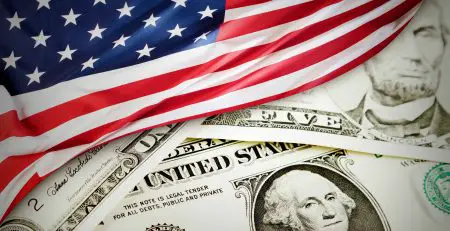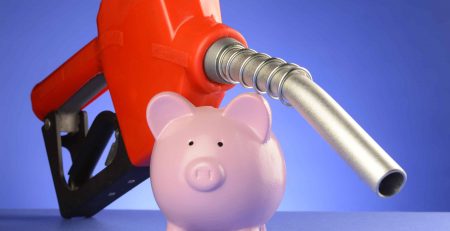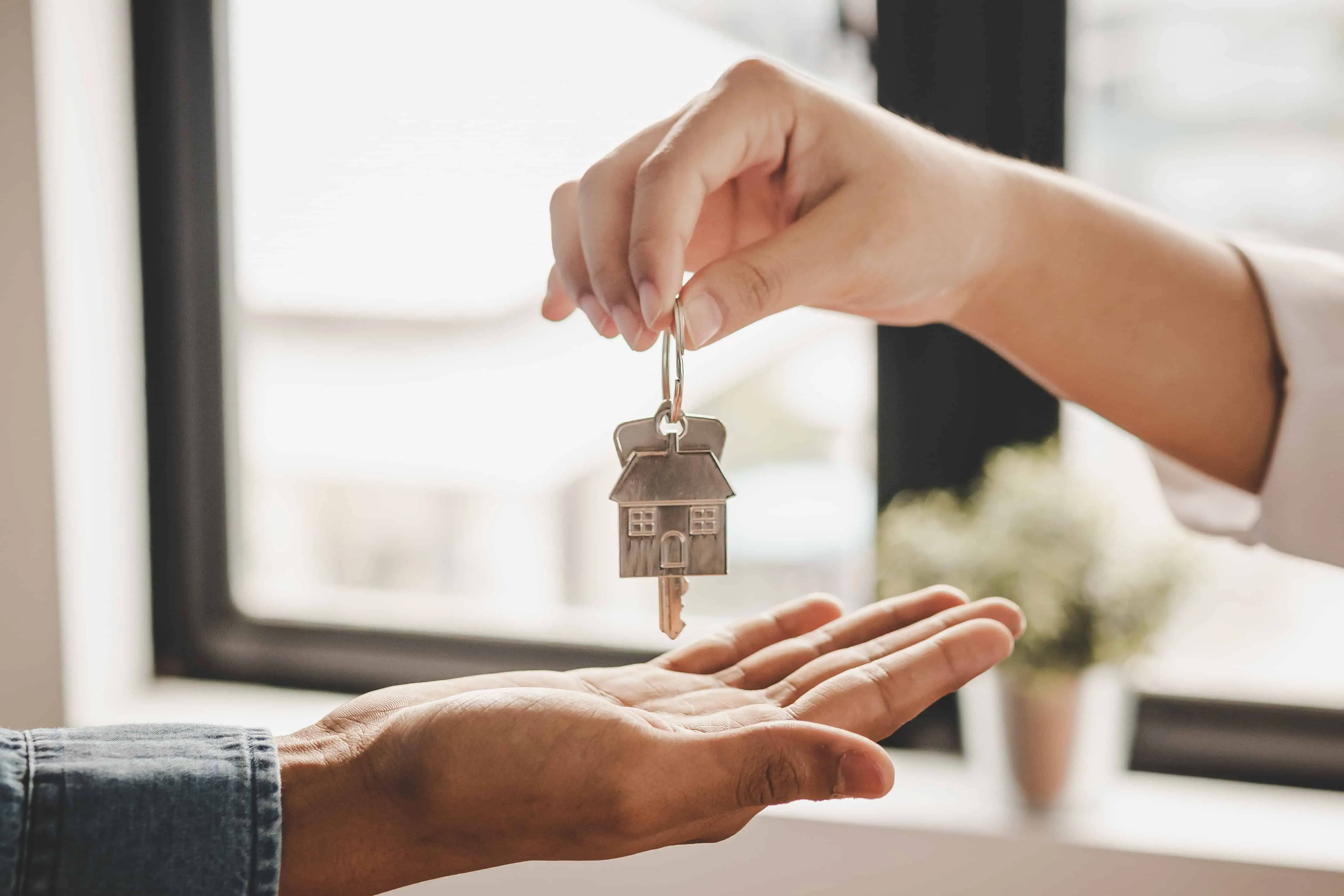Among The biggest expenses a person has to face when buying a new place is the down payment. Down payments are the biggest chunk of cash a homebuyer needs to shell out. So, it makes total sense that people buying new homes would worry about them. Luckily, there are several down payment assistance opportunities that a person can resort to. These programs help to do the heavy lifting when it’s time to put in the down payment. In this article, we’ll look into how these programs can help and how to apply for them.
Why Do Lenders Require Down Payments?
Houses are very expensive. Of course, in different cities and states, prices can vary. Yet, the majority of people will never pay the full price of a home in full right away. Down payments act as a way to reassure lenders that the buyer is actually serious about buying the house.
What Are Down Payment Assistance Opportunities?
Starting off with what down payments are. Down payments are a part of the first sum of money a person has to pay when buying a house. Down payment assistance opportunities help homebuyers afford the first lump sum in the cost of their new home. After the down payment is paid, the remainder of the price of the house is often paid through a mortgage.
Different down payment assistance programs come with different terms and guidelines. However, the general rule is that a person who hasn’t bought a house in the past 3 years is considered a first-time buyer. Some cases may vary, such as Veteran Affairs Loans that we’ll discuss later in the article.
How Down Payment Assistance Programs Can Help You
There’s a wide variety of down payment assistance opportunities. Some opportunities come in the form of grants, others in the form of loans. These programs are offered by different federal and state government offices.
To qualify for any of the programs, you must look into the requirements it has. Applicants should research these programs fully before applying, as every program will have different criteria.
The type and amount of funding will also differ from one program to the other. Some assistance programs will be provided according to a certain percentage of the house price. Other programs are limited by certain dollar amounts. Your most reliable source of information on the matter should be your local Public Housing Authority (PHA) or any counselor approved by the Department of Housing and Urban Development (HUD).
Available Down Payment Assistance Opportunities
Grants
This is funding that you can get from the government to help with your down payment. The best thing about grants is that you don’t have to pay the money back. You should check with your local PHA on how to qualify for these grants. Mostly, this downpayment assistance option is local so you will benefit from checking out options near you!
Loans
Loans from the government, whether on the federal or state level usually come with lower interest rates than the ones from private businesses. However, depending on your qualifications, you’ll be able to choose between different types of loans.
Forgivable Mortgage Loans
This type of loan from the government comes with one huge advantage. That advantage is that you won’t have to pay it back unless you leave your house. If you sell, refinance or move out of your home you will have to pay it back. However, if you stay in your home for a specified amount of time (between 5 to 15 years), the loan will be forgiven.
To put it clearly, if a homebuyer takes a forgivable loan, they should not leave the house before the specified time. For example, if the lender states that you cannot move out before 5 years, then you shouldn’t unless you want to pay the loan back.
Deferred-Payment Loans
Much like forgivable mortgage loans, borrowers don’t have to pay back the loan unless they move out. So, if you apply for this loan and get your new home, you cannot move out without paying back the loan.
Matched Savings Programs
This program is quite unique. The Matched Savings Program focuses on encouraging people to take control of their own finances. The idea is to push people to save money towards a financial goal, such as buying a new home.
How it works
Basically, a new homebuyer will deposit money into an account from a bank or government agency. Through the Matched Savings program, the institution will then deposit a matching amount of money into the same account. For example, if a person deposits $5,000, the institution will then add another $5,000. This would give the buyer a healthy $10,000 towards the down payment for their new home.
Down Payment Programs You Should Look Into
It’s always useful to know where to start when looking for loans, grants, and funds. Here’s a shortlist of programs that we recommend.
- Chenoa Fund
- Community Seconds
- Federal Loans (USDA loans, FHA loans, VA loans
Chenoa Fund
This fund was created by the Cedar Band Corporation (CBC). The CBC Mortgage Agency (CBCMA) is a federally-chartered government agency. This agency’s goal is “to increase nationwide affordable and sustainable homeownership, with a focus on creditworthy, low and moderate-income individuals.”
How it works
The Chenoa Fund can provide up to 3.5% down payment assistance. This means that homebuyers can receive funds up to 3.5% of the price of their new home. The program can be especially helpful for those buying homes with a 3.5% down payment or less.
The fund is available nationwide, except in New York. However, there is a list of qualifications applicants must satisfy. First, applicants must have a FICO® credit score of at least 620. Second, applicants must have a debt-to-income ratio of 45% or less.
If applicants are eligible, they receive a mortgage that has no monthly payments and no interest rate. If the recipient wants the debt forgiven, they must pay their mortgage on time for 36 months.
Community Seconds
This is a second mortgage program under the Fannie Mae program created by Congress in 1938. Fannie Mae was created “to help ensure a reliable and affordable supply of mortgage funds throughout the country.” These funds can help Americans finance their down payments towards buying new homes or renovating their property.
Who Qualifies For Down Payment Assistance Programs?
Different programs require different qualifications. However, the following rules can be taken as a general rule of thumb:
- Buyer status: First-time (may differ in some cases, such as VA loans, FHA loans, etc.)
- Your qualification may depend on the location of your new home
- You must not move out of the house for a specified number of years
- You must receive mortgage training
Federal Loans
The government has created several loan programs for the American people. These loans were not specifically created to assist with down payments. However, these loans come with down payment requirements. This means that borrowers will end up paying less for their down payments down the line. While there are many government loan programs, for now, we’re focusing on the following:
- FHA Loans
- USDA Loans
- VA Loans
Federal Housing Agency (FHA) Loans
The Federal Housing Agency created these loans to help people buy their new homes. If qualified, borrowers can buy their new homes with a down payment of just 3.5%. However, that requires the applicant to have a credit score of 580 or above. Besides that, if the applicant has a credit score of less than 580, but more than 500, their down payment would be 10%.
Loans From The United States Department of Agriculture (USDA)
This loan program aims to help Americans who wish to buy homes in rural areas. Eligibility for this program depends on the applicant’s income and where their new home will be. Homes bought through USDA loans must be in areas that are rural enough. If eligible, homebuyers can get their new homes with a 0% down payment.
Loans From The Department of Veterans Affairs (VA)
This loan program aims to help our brave servicemen and women, also spouses of deceased service members. If eligible, recipients can buy their homes with no down payment at all.
Our Advice Regarding Down Payment Assistance
- Try to keep your credit score as high as possible. The better the score, the better the help you’ll get. Try to keep your score above 580, it’s even better to keep it over 620.
- Check with your local PHAs for the best advice. It’s also useful to check in with HUD, and its offices in your state.
- If you’re not eligible for Down Payment Assistance, look into federal loans. Federal loans are more forgiving regarding the time of payment and interest rates.
Conclusion
Homes are expensive to buy. But, they’re a great investment for the future. That goes for you, as well as your family. It’s understandable that down payments are large sums of money to save up. That’s why you should look into down payment assistance programs and federal loans.


